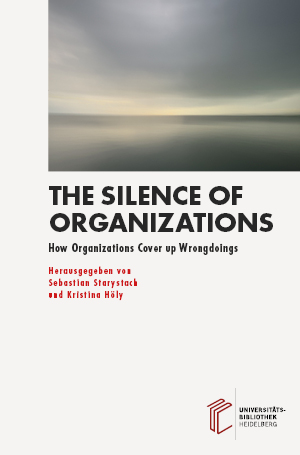How to Cite
License (Chapter)

This work is licensed under a Creative Commons Attribution-NonCommercial-ShareAlike 4.0 International License.
Identifiers (Book)
Published
The Silence of Organizations – The Difficulties of Organizations to Detect and Unveil Capital Crimes
Abstract: Why do crimes such as sexual abuse or serial murders of patients go unreported in organizations for so long? Why does, even in the case of capital crimes, collective silence prevail in organizations? The article discusses two different answers to these questions. The first answer is given by rational choice theory: under the conditions of organization, a cooperation dilemma of rational egoists occurs, leading to collective silence, the sub-optimal outcome for all. The second answer is provided by institutional theory: the informal norms and interpretive organization’s orders make collective silence appear as normal and justified. A form of organizationally useful illegality is established in dealing with crimes. The two explanatory approaches are exploratively applied to the example of patient killings and the cases of abuse in the Catholic Church and discussed in terms of their explanatory scope and the generalization of the findings.
Keywords: rational choice theory, institutional theory, silence, abuse, serial killings, organizations



